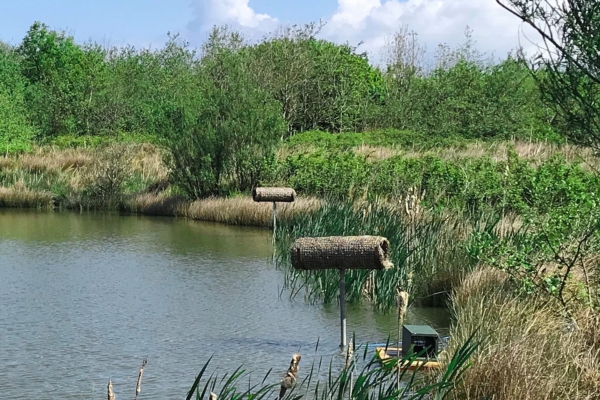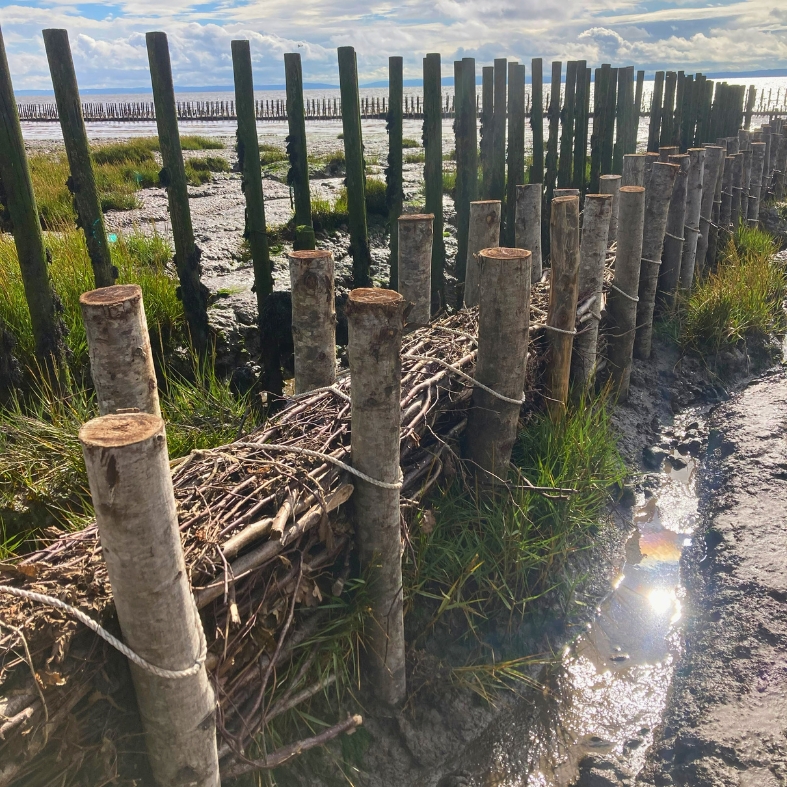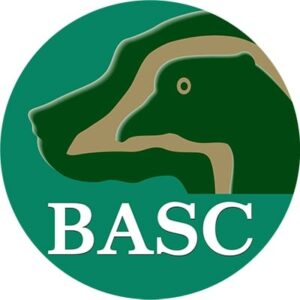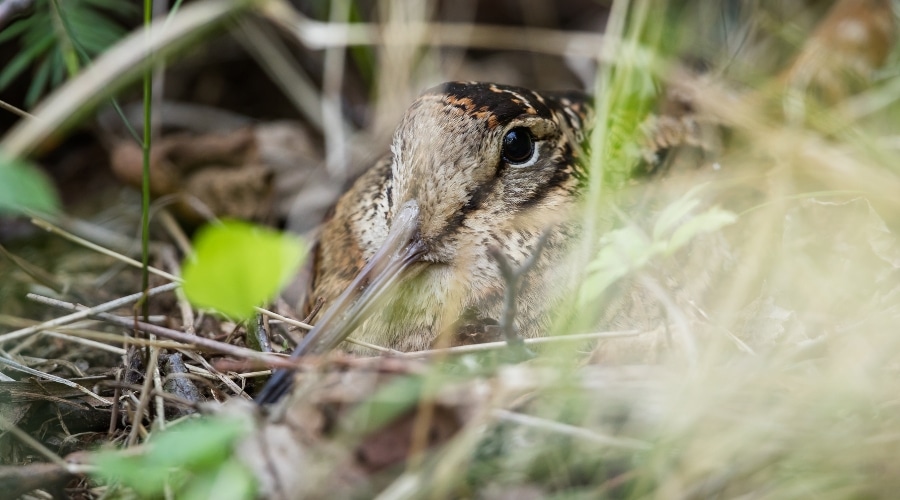
Taw and Torridge wildfowlers cause a stink for mink
Taw and Torridge Wildfowling Club has recently launched a mink control programme as part of its wider conservation efforts.
Get information on the legal shooting season for mammals and birds in the UK.
Apply for funding for your project or make a donation today
Comprehensive information and advice from our specialist firearms team.
Everything you need to know about shotgun, rifle and airgun ammunition.
Find our up-to-date information, advice and links to government resources.
Everything you need to know on firearms law and licensing.
All the latest news and advice on general licences and how they affect you.


Dr Mat Holloway, secretary to the Wentloog Wildfowling and Conservation Association, updates on a project to preserve a precious salt marsh habitat in South Wales.
Old King Canute didn’t have much success back in the 11th century, but this summer Natural Resources Wales (NRW) embarked on an ambitious project to limit and even reverse the impact of the tide on an important salt marsh in South Wales.
The Rumney Great Wharf between Cardiff and Newport is a large area of salt marsh located in the Severn Estuary SSSI, and is also designated as part of the Severn Estuary SAC and RAMSAR sites.
The estuary is home to some of the world’s largest tides; we regularly see tides of well over 13m, and the relentless surge of the sea has resulted in the erosion of hundreds of acres of salt marsh over the years.
Last year, the Wentloog Wildfowling and Conservation Association (WWCA) used a loan from the BASC Wildlife Fund (BWF) to help buy over 900 acres of mudflats bordering the salt marsh, and it is on these flats that NRW have spent the summer working to protect the marsh from further erosion.
Buying the mudflats was a dream come true for WWCA and we are very grateful for the help we received from the BASC Wildlife Fund. As stakeholders, we have an important role to play in helping to preserve and improve this vitally important habitat so we were delighted when NRW approached us to explain their project.
We’ve always had a good relationship with NRW in our area, so it was great to facilitate the work in any way we could. Members were asked to avoid the area while the work was in progress and although the work continued into the wildfowling season, it was completed by NRW exactly on schedule.
The project has involved establishing polders on the mudflats to reclaim salt marsh from the sea. Chestnut stakes are driven in two rows about a foot apart in to the mud, and the gap between is filled with hazel brash held in place by rope. The incoming tide flows over the top of the stakes and as it recedes, silt drops out of the water and helps build up an area which the Spartina and other marsh plants can colonise.
A similar project was undertaken on the same marsh many years ago and produced promising results, but the barriers have decayed and are no longer effective.
NRW plan to monitor the polders for the next five years and keep the barriers in good condition. By then we hope to start seeing some build-up of the marsh. It’s a slow process, but like all the best conservation work this project is an investment in biodiversity which will be enjoyed by generations to come.
Our precious salt marshes are under continuous pressure both from the sea and from abuse by humans. Overgrazing, vehicle misuse and walkers who don’t have their dogs under control are among the many disturbances monitored and reported by WWCA.
We will continue to work closely with NRW whenever we can, and we are looking forward to developing a management strategy for the mudflats with help from BWF and BASC. From my perspective, conservation groups working together for the benefit of wildlife and the people that enjoy the marshes is a win all round.
Images courtesy of Natural Resources Wales, and Dr Mat Holloway


Taw and Torridge Wildfowling Club has recently launched a mink control programme as part of its wider conservation efforts.

Members of a Maasai tribe swapped the plains of Kenya for the banks of the River Alyn when they visited BASC as part of a cultural exchange.

The woodcock is a magnificent quarry species. By taking part in a GWCT and BTO survey, you can actively contribute to its conservation.